Phishing Scams

Image Source: Reddit
Phishing scams are cunning messages that often masquerade as legitimate communications from your bank. These devious messages aim to trick you into divulging sensitive personal or financial information, such as your account numbers, Social Security numbers, or passwords. Cybercriminals behind these scams employ various tactics to create an illusion of authenticity, making it crucial to remain vigilant and never click on suspicious links or provide confidential details in response to such messages. Protect yourself by verifying the sender's identity and using official channels to communicate with your financial institution.
Package Delivery Scams

Image Source: Reddit
Package delivery scams can be particularly convincing and frustrating. You receive a text or email notifying you that a package is waiting for you, often with a sense of urgency. However, there's a catch - you're told you need to pay a fee or provide certain information to release the package. In reality, these messages are designed to deceive and exploit your desire to receive a package promptly. Always double-check the legitimacy of such notifications by verifying with the actual delivery service, especially if you haven't ordered anything recently.
IRS Scams

Image Source: The Independent
Fake IRS texts are a menace, preying on the fear of legal consequences. These fraudulent messages often demand immediate payment of supposed back taxes or threaten legal action, including arrest. It's crucial to remember that the IRS doesn't initiate contact through unsolicited text messages or threats. Be cautious and never provide personal or financial information in response to such messages. If you have concerns about your tax status, contact the IRS directly through official channels.
COVID-19 Vaccine Scams

Image Source: Mint
Scammers have wasted no time in exploiting the global pandemic. COVID-19 vaccine scams come in various forms, including offers for fake vaccine appointments or counterfeit vaccine cards, all for a fee. Your health and safety are paramount, so always rely on official government sources and healthcare providers for vaccine-related information and appointments. Avoid falling victim to these scams by verifying the legitimacy of vaccination offers before taking any action.
Tech Support Scams

Image Source: Totally The Bomb.com
Tech support scams can be incredibly convincing, with cybercriminals claiming that your computer is infected with viruses or malware. They offer assistance for a fee, but their real goal is to gain access to your computer and personal information. Legitimate tech companies won't contact you out of the blue to fix issues you weren't aware of. If you encounter such messages, refrain from engaging and seek help from trusted tech professionals or companies.
Lottery or Prize Scams
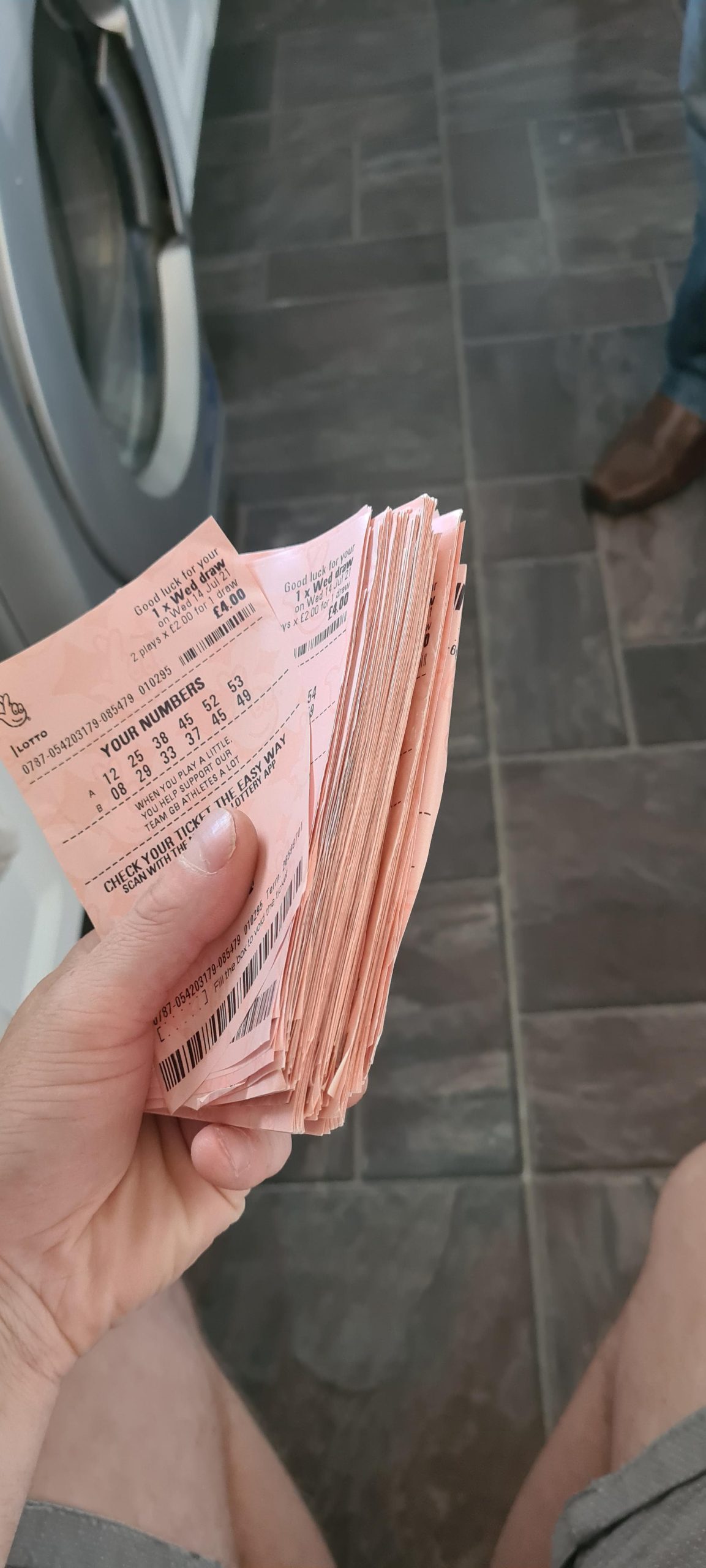
Image Source: Reddit
Receiving notifications of winning a contest or lottery you never entered can be exciting, but it's often a trap. Scammers use these deceptive messages to lure you into revealing personal information or sending money to claim your prize. Always keep in mind that if something appears too fantastic to be real, it likely is. Be cautious and verify the legitimacy of any prize notifications before taking any action.
Loan Scams

Image Source: Reddit
Fake loan approval texts promise quick and easy access to funds, but they come with a catch - upfront fees or exorbitant interest rates. These scams prey on individuals in need of financial assistance. Always research and verify the credibility of any loan offer, especially if it requires upfront payments.
Charity Scams

Image Source: 38 Degrees
During disasters or crises, people's generosity often leads them to donate to charitable causes. Unfortunately, scammers exploit this goodwill by requesting donations for fake charities. To ensure your contributions reach those in need, verify the legitimacy of any charitable organization before donating.
Romance Scams

Image Source: CBC
While online admirers can appear authentic, beware of scammers who create fake personas to gain your trust and eventually ask for money. Exercise caution when building online relationships and refrain from sending money to individuals you haven't met in person. Protect your heart and your wallet.
Government Grant Scams
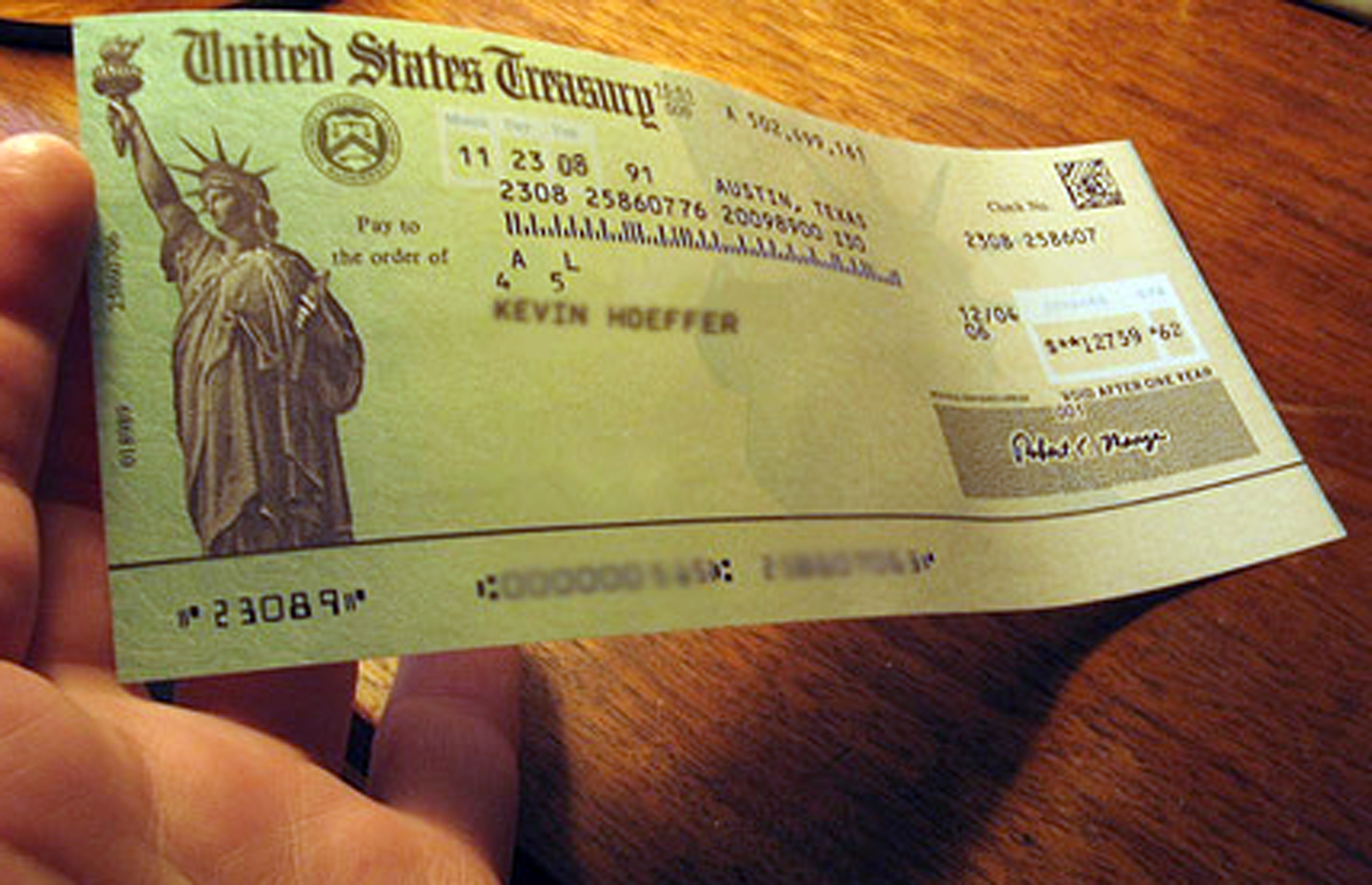
Image Source: NBC News
Government grant scams promise free money in exchange for an upfront payment. Government grants typically don't require such payments, and these scams aim to defraud you. Always verify the authenticity of any government grant offers through official government websites or agencies.
Fake Check Scams
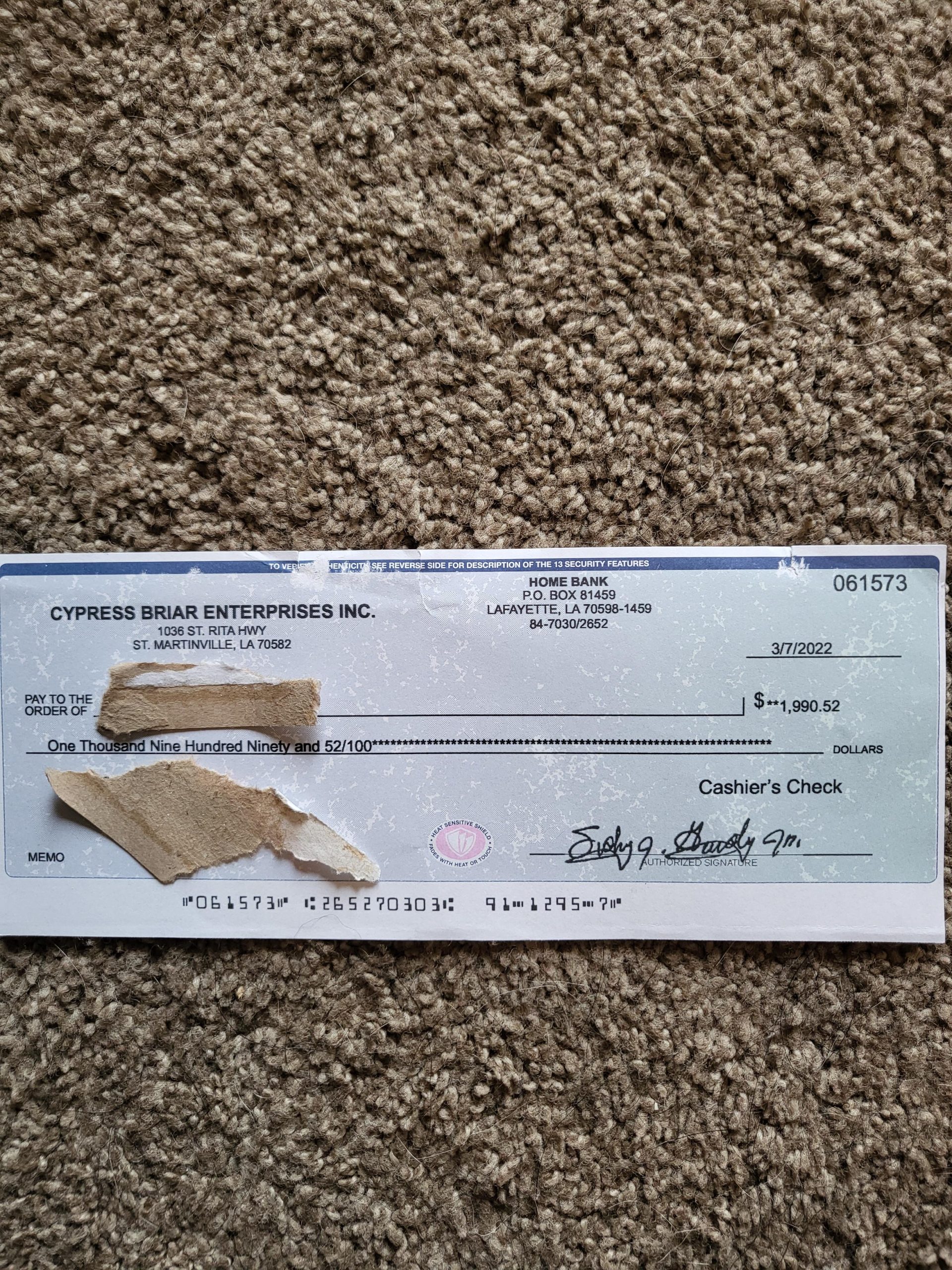
Image Source: Reddit
Beware of texts claiming you've received a check, but there's a catch - you're asked to send back a portion of the funds. These scams exploit your trust in seemingly legitimate checks, only for them to bounce later, leaving you responsible for the entire amount. Always verify the authenticity of checks and their issuers before taking any action.
Fake Job Offers

Image Source: Culpwrit
Fake job offers often promise remote positions with enticing high pay, but they come with a hefty upfront fee or demand sensitive personal information. Legitimate employers don't require you to pay for a job. Be cautious and research potential employers to ensure their credibility before sharing any personal data or money.
Bank Alert Scams

Image Source: Tripadvisor
Fraudsters send fake bank alerts, alleging suspicious activity on your account. They prompt you to verify your details, aiming to steal your sensitive banking information. Never click on links or share personal data in response to such alerts. Instead, contact your bank directly through official channels to confirm any concerns.
Debt Collection Scams

Image Source: Frontier Group
Debt collection scams involve intimidating messages threatening legal actions for debts you don't actually owe. These scammers use fear to manipulate victims. Verify the legitimacy of any debt collection claims and seek legal advice if necessary to protect your rights.
Investment Scams

Image Source: Analytics Insight
Investment scams promise "guaranteed" high returns that sound too good to be true. They often target unsuspecting investors looking to grow their wealth. Always conduct thorough research and consult with financial professionals before making any investment decisions to avoid falling victim to such schemes.
Phony Survey Scams

Image Source: Smartphones - Gadget Hacks
While receiving texts offering rewards for participating in surveys may seem like an easy way to earn something extra, some of these seemingly innocent offers are actually elaborate scams. Scammers use these surveys as a ruse to trick you into divulging sensitive personal information, which they can then exploit for identity theft or other fraudulent activities. To protect yourself, exercise caution when considering these offers. Ensure that the survey provider is reputable and legitimate. Check their website, contact information, and online reviews to verify their authenticity before sharing any sensitive data. Remember that your personal information is valuable, so safeguard it diligently.
Medical Scams

Image Source: Clinical Advisor
When it comes to your health and well-being, it's crucial to be vigilant and avoid falling for medical scams. These scams often involve fake health products or miracle cures that make extravagant, unverified claims about their effectiveness. Fraudulent medical products can not only waste your money but also potentially harm your health. To protect yourself, always seek medical advice and guidance from licensed healthcare professionals. Trustworthy medical information and products can be found through reputable sources, such as recognized healthcare providers, pharmacies, and government health agencies. Be cautious of products that promise extraordinary results without credible scientific backing.
Text-to-Win Scams
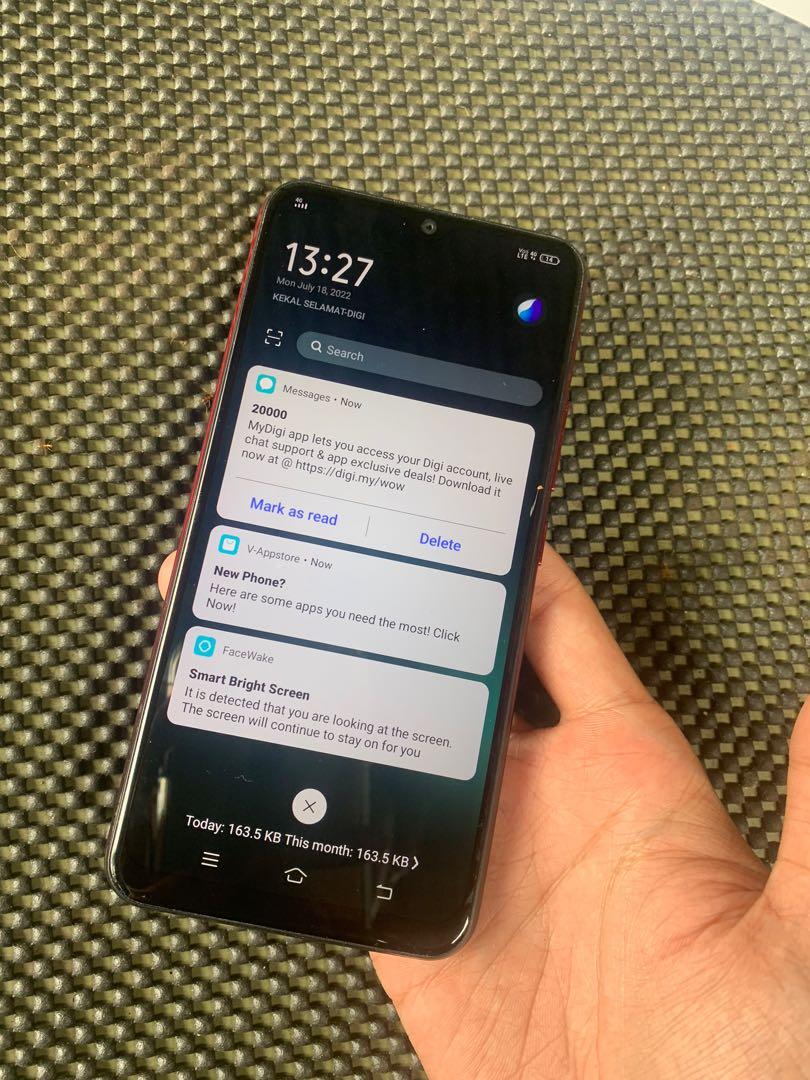
Image Source: Carousell Malaysia
Receiving notifications of winning a contest you never entered can be tempting, but it's important to exercise caution. Many text-to-win scams use this tactic to manipulate individuals into sharing personal information, which can lead to identity theft or other fraudulent activities. Before responding to such notifications, take the time to verify the legitimacy of the contest or prize. Look up the contest organizers, check their official website, and contact them directly to confirm your win. Legitimate contests and sweepstakes do exist, but it's essential to ensure that you're dealing with a reputable organization before sharing any personal data. Protect your privacy and security by being skeptical and thorough in your verification process.
Travel Scams

Image Source: On Call International Blog
Travel enthusiasts should be aware of travel scams that promise discounted vacation packages but ultimately leave you without a getaway and out of pocket. These scams often lure victims with too-good-to-be-true deals and can result in financial loss and disappointment. To safeguard your travel plans and finances, always book through reputable travel agencies or websites that have a proven track record. Research and read reviews to verify the authenticity and reliability of travel deals. Additionally, be cautious of unsolicited travel offers received via text or email. Legitimate travel providers do not typically reach out in this manner. Ensure that you are dealing with a trustworthy source and that the travel deal aligns with industry standards before making any reservations. By being diligent and cautious, you can protect yourself from falling victim to travel scams and enjoy a safe and genuine travel experience.
Utility Bill Scams
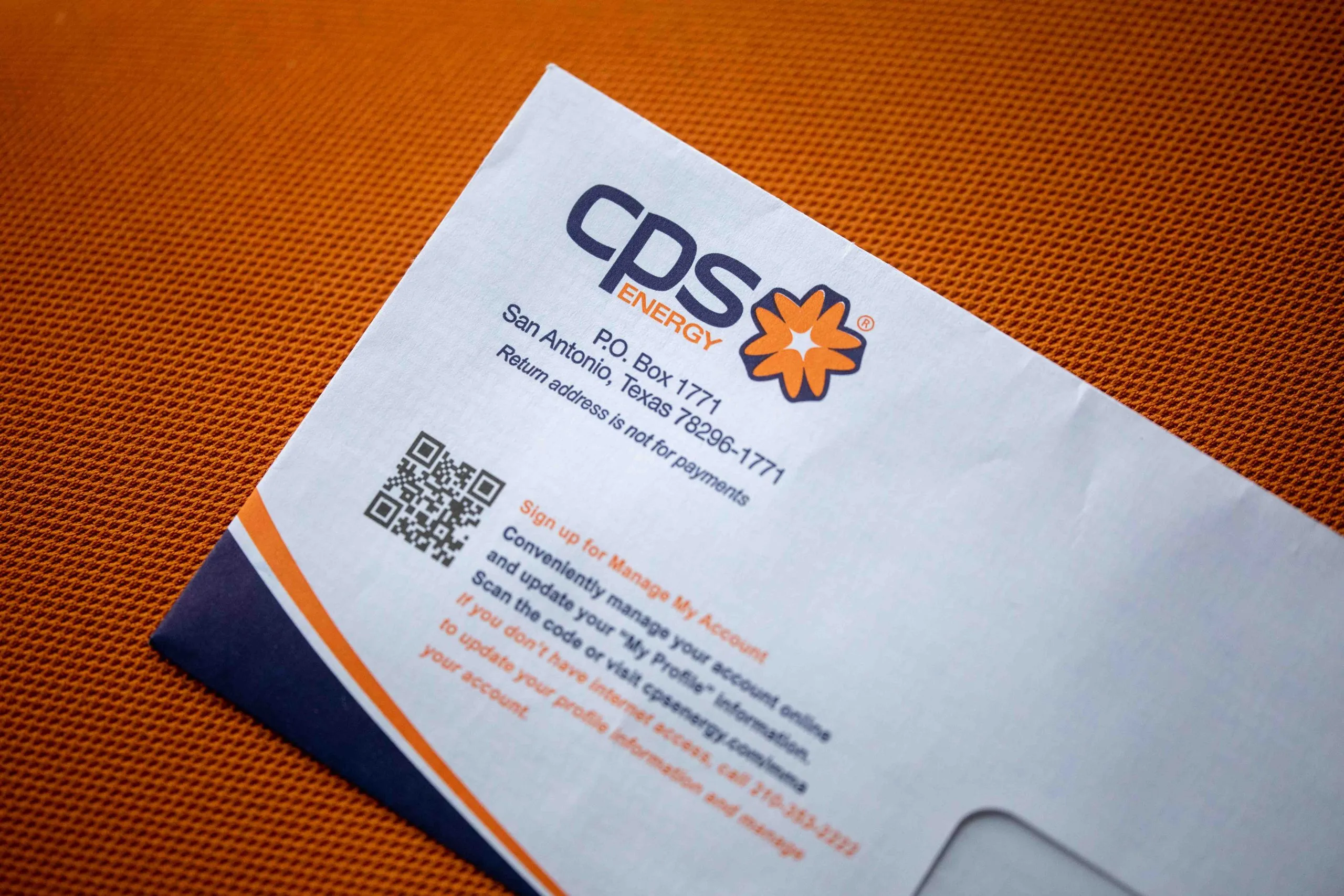
Image Source: Utility Bill Scams
Scammers threaten to disconnect your utilities unless immediate payment is made. These tactics are coercive and aim to create panic. If you receive such threats, contact your utility provider directly through their official channels to verify the situation. Never make payments to unknown or unverified entities.
Fake Friend Requests

Image Source: Pinterest
Beware of text messages claiming to be from fake social media profiles, asking for personal details or connection requests. These deceptive messages aim to steal your identity or compromise your online security. Always exercise caution and verify the authenticity of friend requests by checking the profile's legitimacy and whether you know the person personally.
Fake Fundraisers

Image Source: UNICEF
Messages soliciting donations for individuals in need can be heartwarming, but some are fraudulent attempts to exploit your generosity. It's essential to research and verify the legitimacy of fundraisers before contributing. Look for reliable platforms or official channels where you can make donations to ensure your money goes to those who genuinely need it.
Investment Club Scams

Image Source: Wikimedia Commons
Be cautious when receiving invitations to join "exclusive" investment clubs that promise high returns. Some of these clubs may not even exist and are created solely to deceive investors. Before participating in any investment opportunities, conduct thorough research, consult with financial professionals, and ensure that the club is registered and legitimate.
Fake Coupons and Discounts

Image Source: Reddit
Offers of unbelievable discounts often lead to fake websites designed to steal your personal information or money. To protect yourself from falling victim to these scams, be skeptical of offers that seem too good to be true. Only use well-known and reputable websites or official sources for discounts and coupons.
Sextortion Scams

Image Source: X.com
Sextortion scams involve messages claiming to have compromising photos or information about you and demanding money to prevent the release of this content. These messages aim to exploit fear and embarrassment. Do not give in to such demands. Instead, report the scam to the authorities and avoid engaging with the scammer.
Phony Tech Updates

Image Source: Business Insider
Be cautious when receiving notifications of software updates via text, especially if they contain links. Some of these messages may contain malware or lead to fake websites designed to steal your information. Only update your software through official and trusted channels to ensure your device's security.
Online Marketplace Scams

Image Source: Reddit
When buying or selling items through online marketplaces, be wary of offers that request payment upfront. Scammers often use these tactics to defraud individuals. Stick to reputable online marketplaces, verify the legitimacy of the buyer or seller, and use secure payment methods to protect yourself from scams.
Emergency Scams

Image Source: The Times
Messages claiming to be from a family member in distress and needing money can be emotionally distressing. However, always verify the authenticity of such messages through other means, like contacting the family member directly, before sending money. Scammers exploit your concern for loved ones in these scams.
Phony Surcharge Alerts
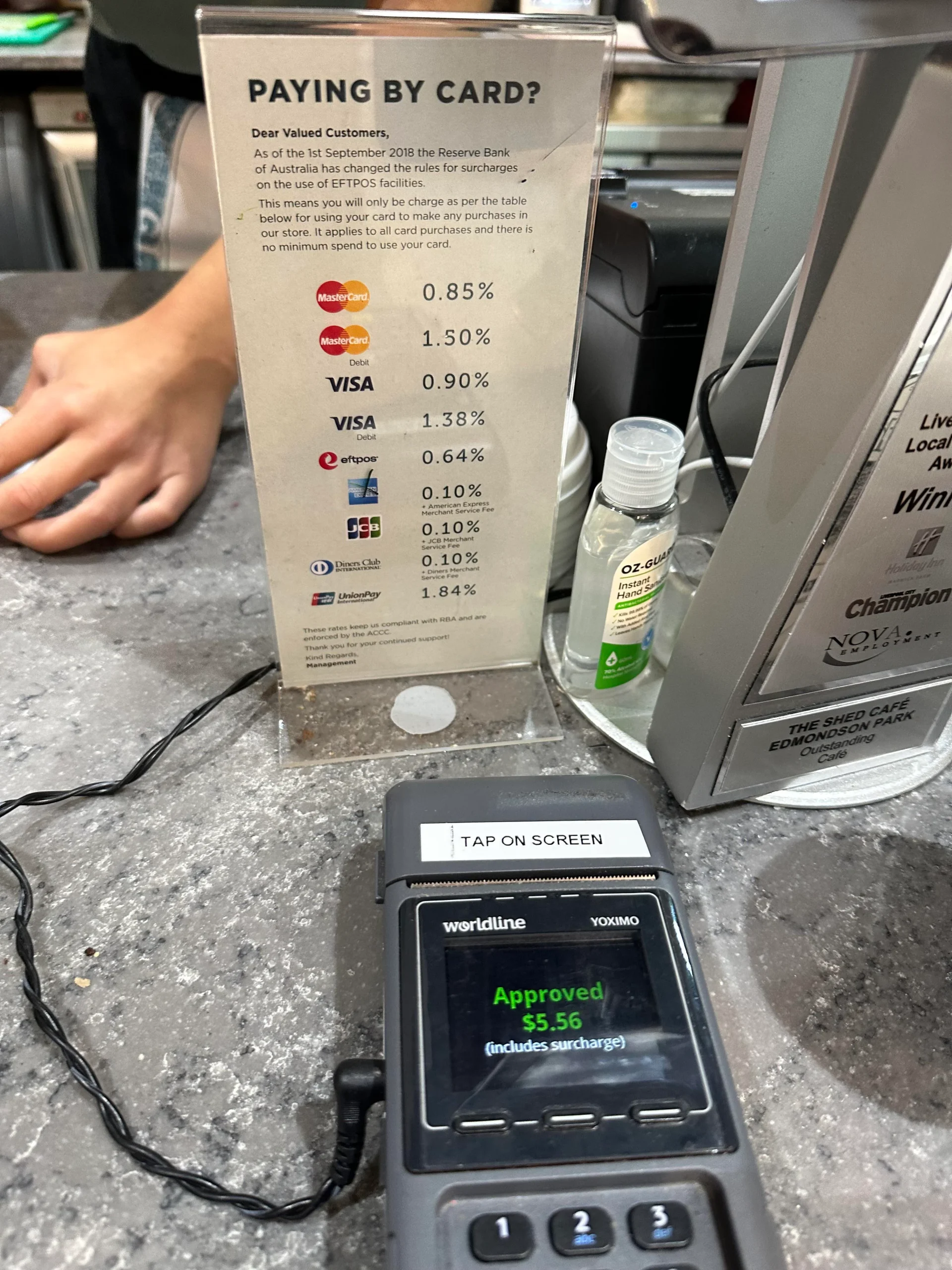
Image Source: Reddit
Phishing messages may notify you of extra charges on your bills and provide links to fake payment sites. Always be cautious and verify the authenticity of any surcharge alerts through official channels, such as contacting your service provider directly.
Cryptocurrency Scams

Image Source: New Scientist
Be wary of promises of quick profits through cryptocurrency investments. Scammers often lure unsuspecting individuals with these offers. Before investing in cryptocurrency, educate yourself about the market, use reputable exchanges, and consult with financial experts to make informed decisions and avoid falling victim to cryptocurrency scams.





























